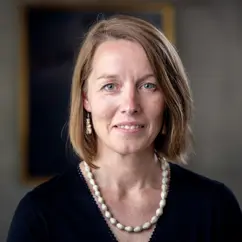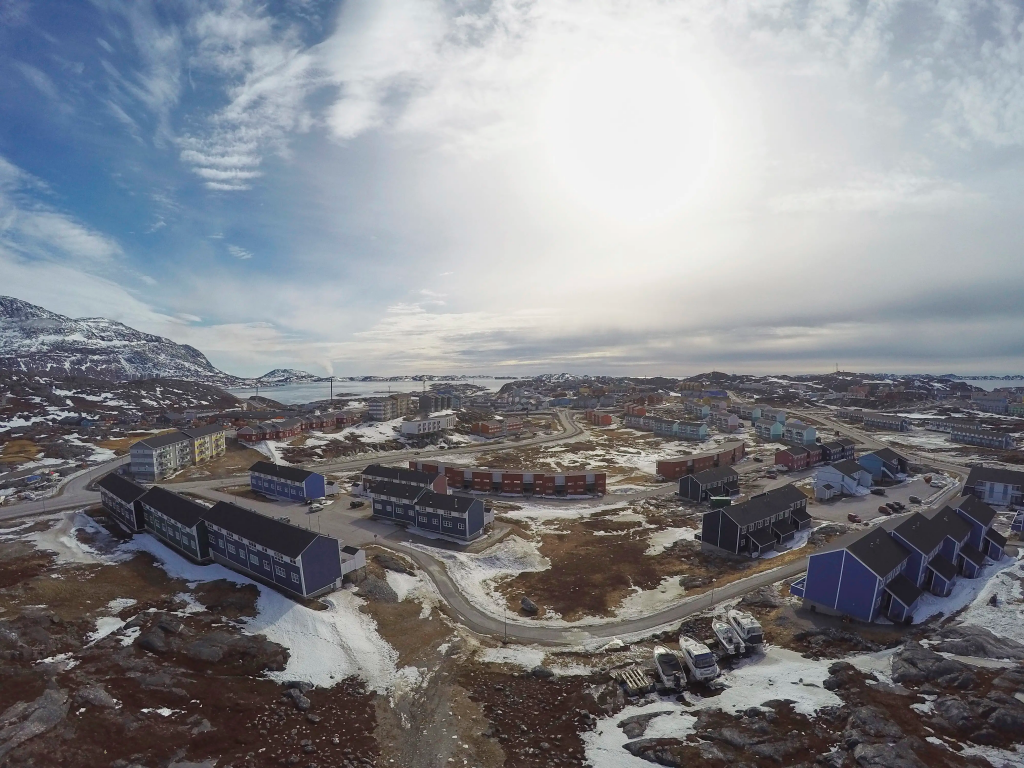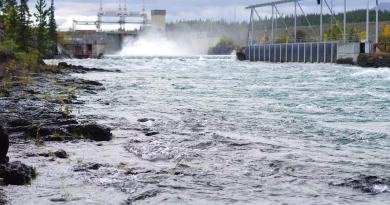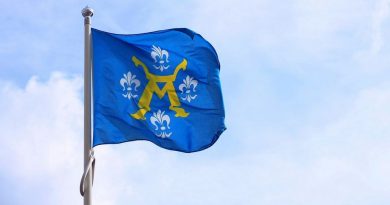University of Greenland’s new curriculum aims to up graduates for teaching roles

The University of Greenland (Ilisimatusarfik) greenlit a new curriculum Monday with the goal of producing more Greenlandic graduates that can pursue teaching roles in high schools and post-secondary institutions.
“We’re really working on this and it’s only the first step,” Inge Høst Seiding, Head of the Institute of Culture, Language and History, told Eye on the Arctic in a phone interview.
“This program is made to educate our students to fill a number of positions in society but with a strong focus on qualifying them to teach Greenlandic in high schools and also as teachers in our teachers college here at the university.”
The new curriculum, set to begin in September 2024, aims to strike a balance between language, literature, and media studies.
It will initially be implemented in the BA program, with the university working on its extension into the MA program next year.
The hope is that by addressing the structural issues and increasing emphasis on language education, the University of Greenland can produce more graduates ready to teach and contribute to the cultural and linguistic development of Greenland, Seiding said.
Nuuk high school rector warns of recruitment troubles
The university initiative was made in response to the ongoing struggle to graduate a sufficient number of masters students to meet demand for university positions and for the high school system, which requires masters degrees to teach Greenlandic (Kalaallisut).
Earlier this fall, the issue most recently made headlines when the high school rector in Nuuk sounded the alarm about the lack of teachers available to teach Greenlandic language classes, saying she was short around eight.
Fierce competition with private sector for graduates
The education sector faces challenges due to intense competition for graduates and being unable to compete with the salary levels offered by the private sector and the higher wages available in central administration.

This has further complicated the recruitment and retention of qualified teachers, Seiding said.
“Once our students finish their bachelors they are often offered full time positions,” she said. “Some of them try to do that while studying, but it’s a big challenge. Sometimes that means they spend many years finishing their MAs or maybe they don’t finish at all.”
Seiding the lack of teachers at all levels becomes a self-perpetuating cycle.
“The high schools feed us with students, but then we need to feed the high schools with teachers so it can become a close circle which is part of the problem.”
Seiding said that from 2011, the university has seen an annual graduation range of one to eight individuals, averaging around four in recent years.
“So there are a lot of them out there, but they are just not going into teaching.”
Advocating for language funding
In an effort to address the systemic issues, the University of Greenland is also advocating for increased funding to support language education and research, emphasizing the need to invest in attracting and retaining qualified individuals who can contribute to the development and preservation of the Greenlandic language.
“We hear so much politically that the language is important, but if we want to talk about Greenlanic being used more in research and education, we need to get the funds to do it.”

Despite the challenges, Seiding said there’s reason to be optimistic.
“If we focus and look ahead and make the right decisions to maintain the sustainability in our program, our future looks really bright,” she said.
“Our new program starts in 2024 and we want as many students as possible to know about it.”
Comments, tips or story ideas? Contact Eilís at eilis.quinn(at)cbc.ca
Related stories from around the North:
Canada: Heritage centres, language authority among initiatives to fortify Inuktitut in Nunavik, Eye on the Arctic
Finland: Everyone encouraged to boost Sami language visibility in Finland, Norway and Sweden this week, Eye on the Arctic
Greenland: Nunavut children’s books translated for circulation in Greenland’s schools, Eye on the Arctic
Norway: Sami-led project seeks to revitalize Indigenous education across Arctic Europe, Eye on the Arctic
Russia: German project to house everything published in Siberian and Arctic languages to seek new funding, Eye on the Arctic
United States: Inuit leaders applaud UN move to designate International Decade of Indigenous Languages, Eye on the Arctic



